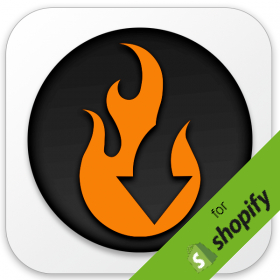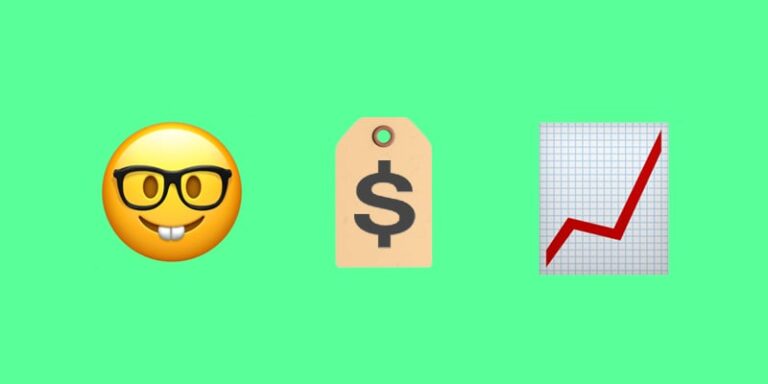
reader comments
141 with 0 posters participating
On Wednesday, Reuters reported that AI bot ChatGPT reached an estimated 100 million active monthly users last month, a mere two months from launch, making it the “fastest-growing consumer application in history,” according to a UBS investment bank research note. By comparison, TikTok took nine months to reach 100 million monthly users, and Instagram about 2.5 years, according to UBS researcher Lloyd Walmsley.
“In 20 years following the Internet space, we cannot recall a faster ramp in a consumer internet app,” Reuters quotes Walmsley as writing in the UBS note.
Reuters says the UBS data comes from analytics firm Similar Web, which states that around 13 million unique visitors used ChatGPT every day in January, doubling the number of users in December.
ChatGPT is a conversational large language model (LLM) that can discuss almost any topic at an almost human level. It reads context and answers questions easily, though sometimes not accurately (improving its accuracy is a work in progress). After launching as a free public beta on November 30, the GPT-3-powered AI bot has inspired awe, wonder, and fear in education, computer security, and finance. It’s shaken up the tech industry, prompting a $10 billion investment from Microsoft and causing Google to see its life flash before its eyes.
announced ChatGPT Plus, a $20 per month subscription service that will offer users faster response times, preferential access to ChatGPT during peak times, and priority access to new features. It’s an attempt to keep up with the intense demand for ChatGPT that has often seen the site deny users due to overwhelming activity.
Over the past few decades, researchers have noticed that technology adoption rates are quickening, with inventions such as the telephone, television, and the Internet taking shorter periods of time to reach massive numbers of users. Will generative AI tools be next on that list? With the kind of trajectory shown by ChatGPT, it’s entirely possible.






